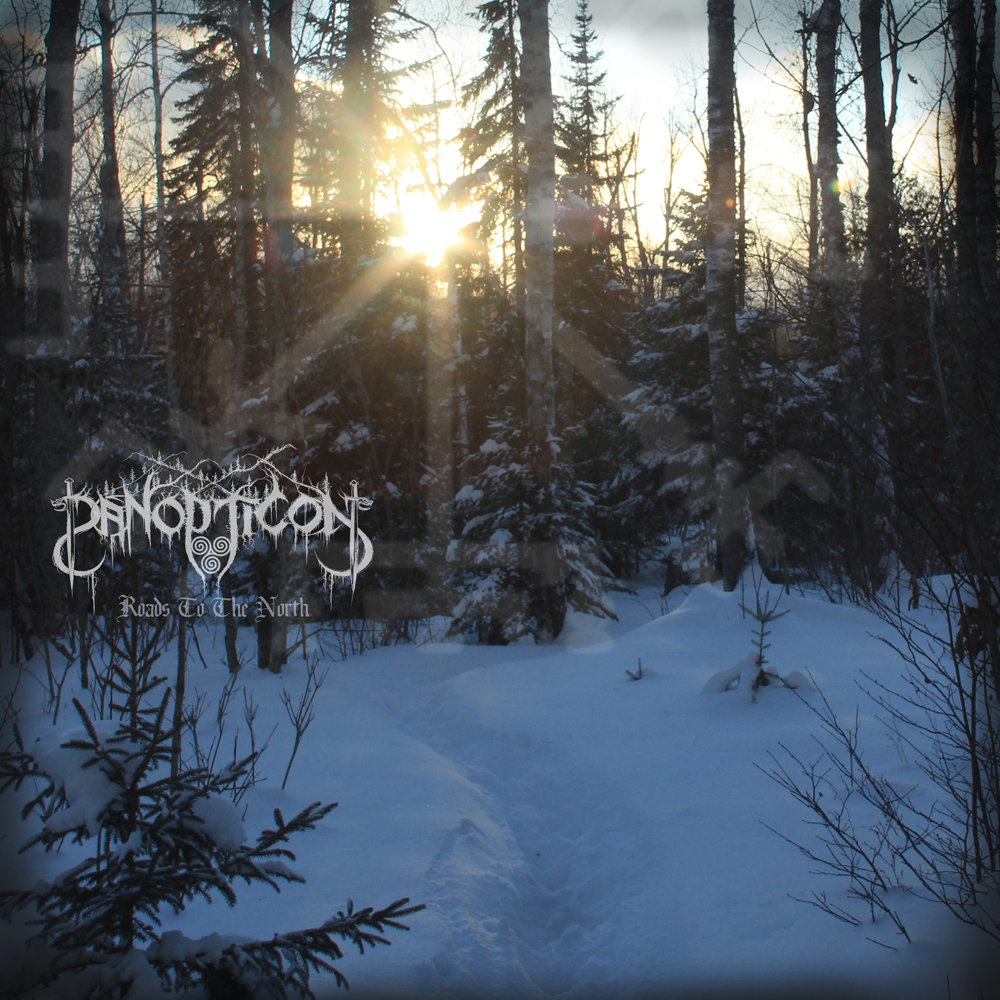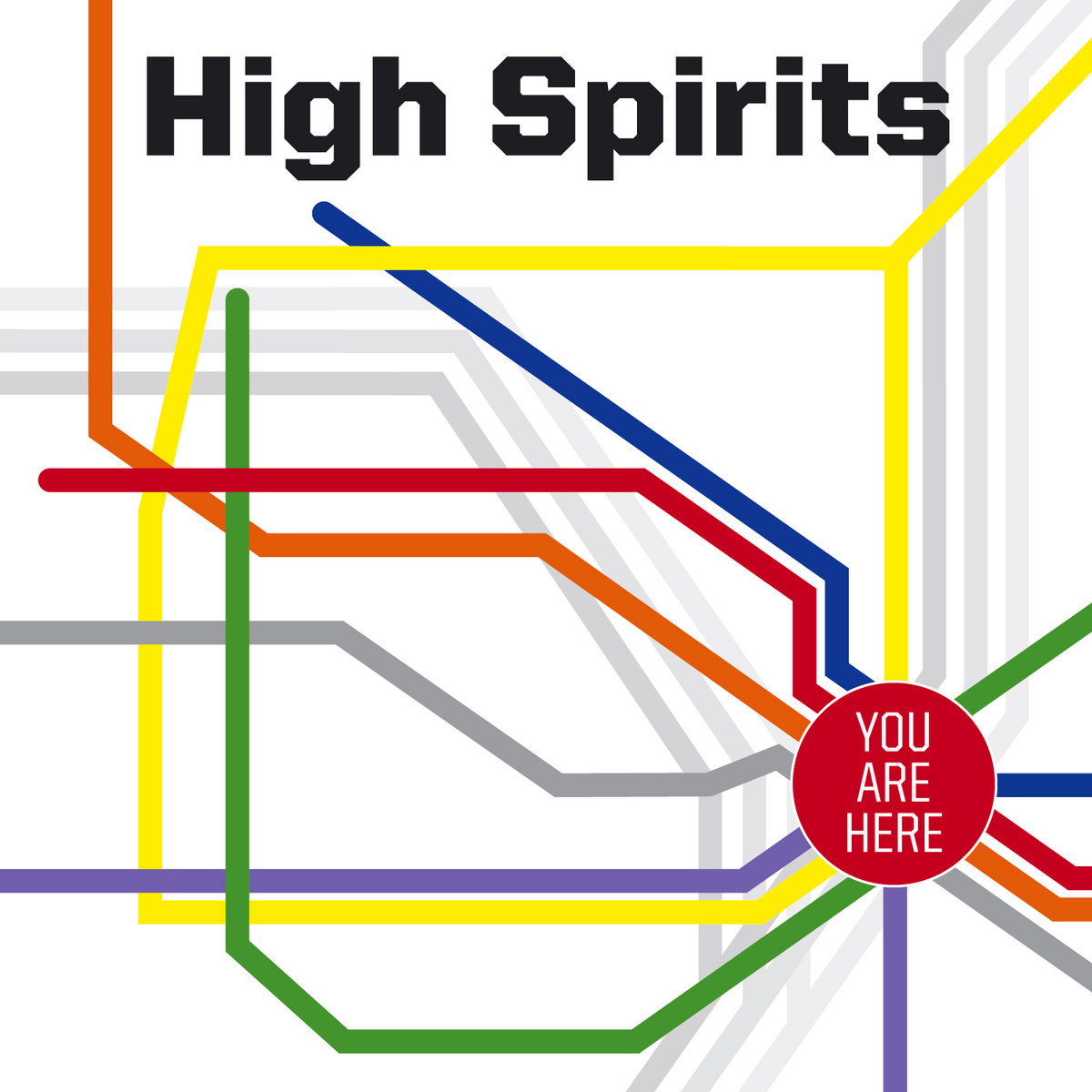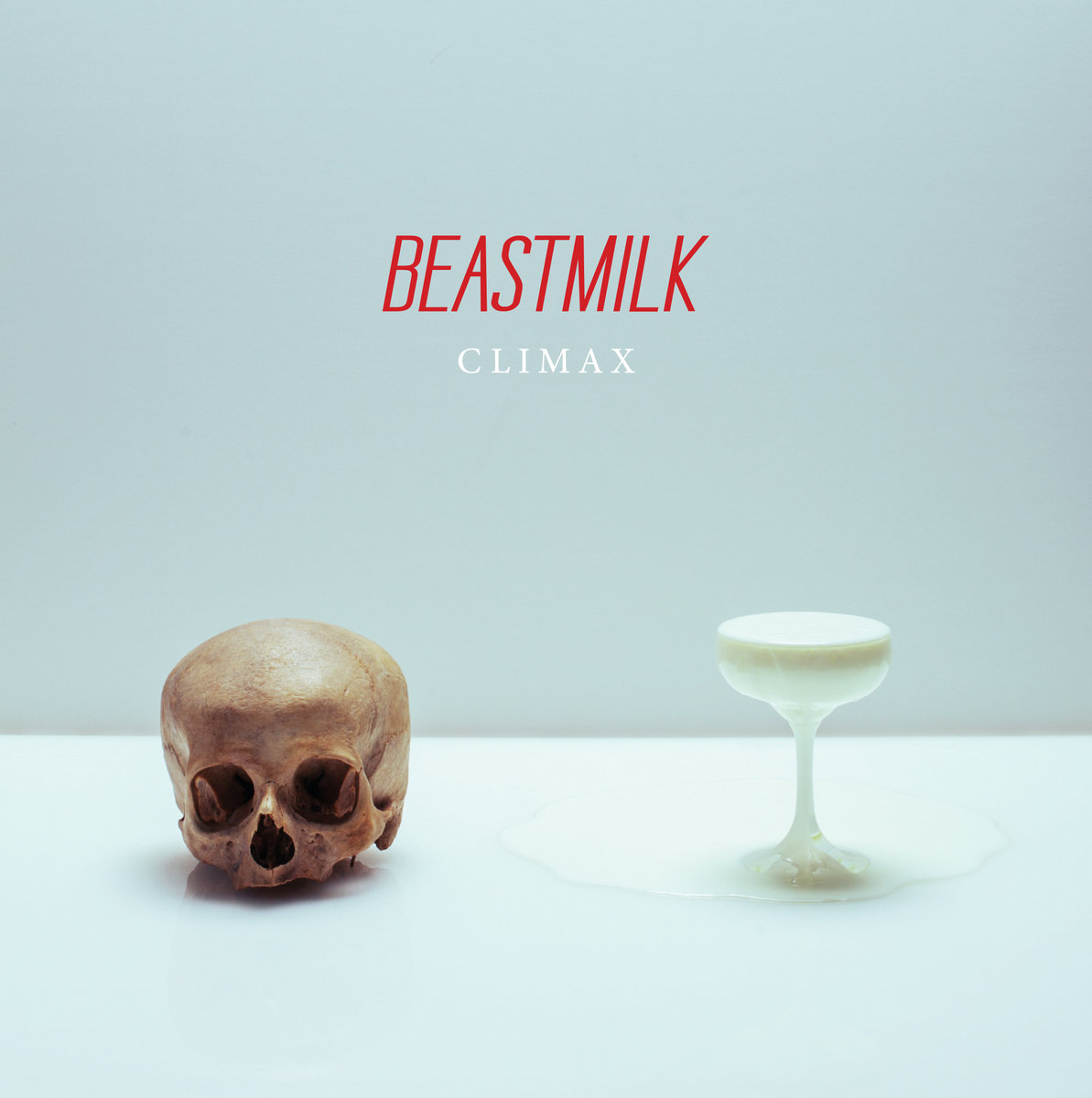
Top Albums of 2014, by Joseph Schafer

…
Year end lists are a funny thing. I routinely write several of them, and yet they never seem to intersect, overlap, or show a complete image of my taste profile. In the intro to my 2013 list, I said that I was losing faith in the album as a format. I was also, in honesty, disappointed in what I felt was a roundly underwhelming year for metal.
The more things change.
I felt 2014 was a powerful year for extreme music, and as a result, compiling this list was a challenge. There were more beloved and anticipated albums which, sadly, did not make the cut, but I could have easily added 50 or 100 records and not given a satisfactory snapshot of the breadth of subjects, instruments and styles that are encompassed within the genre’s circle of excellence. We’ve come a long way since Black Sabbath.
At the same time, the heavy metal community has come a long way since 1969. This year was as remarkable for upheavals within the ranks of musicians and listeners as it was for revolutions in sound. I think 2014 may be remembered as the year that heavy metal got a good look at itself. Sometimes the view was ugly. Beloved musicians had their dirty laundry turned out in public, or released controversial and even hateful statements, while other artists pushed boundaries (and buttons) in their art, sometimes in questionable taste. At the very least, 2014 confirmed that what musicians do in their private lives, especially on the internet and social media, has real consequences. Some voices in the music community find disturbing implications in these events, and what they may or may not mean for the future of the art form and the community that supports it. Personally, I feel that these events are merely indicators of larger social changes making themselves known both worldwide and especially in the United States, as opposed to some schism originating inside metal and hardcore. Art imitates life imitates art. However, it is my responsibility to curate the art which Invisible Oranges covers during my tenure here. Invisible Oranges does not and will not support the art of known bigots, misogynists, racists or supporters of prejudicial hatred of any kind. The world we live in is in flux, and while the future is uncertain, we as human beings have a say in its outcome, and our decisions make differences in the lives of others.
This will be the last post on Invisible Oranges during 2014. We will resume our regular post in 2015.
Cheers.
…

10. High Spirits – You Are Here (Hells Headbangers)
I struggle with the coverage that metal gets with more mainstream publications at times. In his review of the new Mastodon album, one of my favorite music writers, Steve Hyden, bemoaned the absence of powerful pop-metal records in 2014. I wanted to reach into my iPhone, grab him by the collar and scream “Here! Here it is!” Chicagoan Chris Black isn’t just a musician, he’s a songwriter, one that’s been at the cutting edge of the traditional heavy metal revival for years, and while he might be more revered for his darker and more serious work in Dawnbringer, this year his jubilant High Spirits album came out on top. Sonically, High Spirits slings infectious throwbacks to UFO and The Scorpions, all 4/4 drum beats and power chords, but Black’s lyrics have a heartfelt earnestness that his obvious influences lacked, and in today’s era of supreme social media snark and insincerity, his words are all the more necessary. Consider it Chicken Soup for the ‘80s-loving soul alongside spectacular standard-tuned riffs.
…

9. Accept – Blind Rage (Nuclear Blast)
This is the third amazing album in a row from revived German speed metal outfit Accept. I first heard of their unlikely late-career (and post-lead-singer-swap) revival here on Invisible Oranges, and practically did backflips. I’m still flipping in 2014, even though the enthusiasm around the band has cooled. It’s a compliment in a way: Accept writing a great album without Udo has become routine, they’ve rendered the remarkable normal. Blind Rage is a touch weaker than Stalingrad (their best album, tied withRussian Roulette), partially thanks to a few questionable choices, specifically lifers anthem “Dying Breed.” Still, the record offers some of the group’s finest songs, with an earthier guitar tone and occasionally-improved lyrics, such as closer “Final Journey” and especially “Wanna Be Free” which, despite having an awful title, proves to be a dynamic song that tastefully addresses human trafficking. (I didn’t see that coming either.) Quite the change of pace from a band whose commercial heyday came from penning second-rate bondage sing-alongs.
…

8. Lotus Thief – Rervm (Svart)
The San Francisco bay area continues to prove itself a fruitful orchard of outside-the-box extreme music. Case in point, the debut album by this secretive duo. A concept based around a text by Roman philosopher Titus Lucretius Carus and splitting members with The Botanist bolster this project’s underground credibility, but Lotus Thief’s music has more in common with Lacuna Coil than Leviathan. Strategies that wouldn’t sound out of place on a hyper-commercial album become immersive and mysterious in the hands of Bezaelith, who proves herself over and over on this record as a talented composer, lead guitarist and singer. Her compositions can be at turns relaxing and unsettling, such as on the standout “Lvx.” Rervm is a glimpse into an inviting and familiar musical landscape, but one that keeps revealing new surprises with each listen.
…

7. Beastmilk – Climax (Svart)
I struggled with including this album. Not only was it originally released in 2013, but it barely counts as metal. Still, Climax was released after my previous list was turned in to Invisible Oranges, and besides with production by Converge’s Kurt Ballou and vocals by Kvohst (ex-Code, Dødheimsgard) Beastmilk has the proper pedigree. More importantly, it’s one of the most consistent albums I can think of. I literally enjoy every song and once the album is done, I can immediately listen again. I’m not even sure that’s true of Back in Black. Musically Beastmilk channel The Smiths and Joy Division, but keep enough black metal bite in the mix to give their songs the kind of menace that other revivalist bands so often lack. Plus, the cold war lyrical slant and sexy swagger lend the album a unique mixture of paranoia and machismo that I only recall Danzig and Type O Negative attempting. What Ghost (B.C.) did with 70’s hard rock, Beastmilk do with goth rock, and using fewer gimmicks at that.
…

6. Behemoth – The Satanist (Nuclear Blast)
The first album since Behemoth guitarist/vocalist/songwriter Nergal’s cancer recovery, The Satanist might be the single most accessible blackened death metal album ever recorded (musically it’s tied with Storm of the Light’s Bane but gets the edge if only for having the easier title). It’s also the finest album he’s ever written. Every facet of this album is a quantum leap forward from its predecessors. Nergal’s vocals are both more convicted and more intelligible, while his guitar solos are uniformly clean and interesting. Human drum machine Inferno has removed whatever was shoved up his ass and here performs with a little swing and flow. Most importantly bassist Orion is finally clearly audible, and not only is he adept at his instrument, but his fills and slides are the throbbing heart of this mighty record. I still have some qualms (Nergal likes using the word “rape” a bit much), but at this point it seems inevitable that Behemoth will achieve the closest thing to international mainstream success that an extreme metal band can, largely on the back of The Satanist, and that doesn’t bother me in the slightest. In fact, it feels right.
…

5. Black Anvil – Hail Death (Relapse)
This year’s accolade for greatest improvement goes to New York’s Black Anvil. My review encompasses my opinions on this album in greater detail, but I will reiterate that these four men display an intimate understanding of songcraft on Hail Death. While most blackened thrash metal bands simply drop a breakdown and a two-step into their tremolo-picking and call it a day, Black Anvil takes classic thrash templates and inject them with the nihilistic intensity of 90’s black metal, both framed by filthy modern production techniques. These nine songs crackle with violent energy and, at times intense beauty. Years from now people will wonder how people slept on what will probably be a career highpoint,
…

4. Panopticon – Roads to the North (Bindrune)
Originally, I wanted to do a single year-end list that democratically encompassed the opinions of the entire IO staff. Obviously that didn’t happen. The writers thought, and rightly so, that finding consensus would be near impossible. The only thing we seem to agree upon, however, is how outstanding Panopticon’s Roads to the North is. Some quick pencil-and-paper tabulation tells me that it is the IO staff’s choice for album of the year by a massive margin, even though it didn’t top any lists. The everyman appeal, however, undermines how one-of-a-kind Roads to the North is—think classic Emperor, but replace the synthesizers with an array of traditional american folk instruments, and you’ll begin to have an idea of what sole member Austin Lunn is going for here, but even that description leaves out huge parts of his appeal, such as his monstrous tom-heavy drum style, his deft fiddlework, and most of all his guitar leads. Lunn’s solos on this album seem more derived from melodic death metal than anything else, but just when he’s sounding a bit too Michael Amott, he’ll extend a few notes just a bit too long, back off, and start again, until the solo’s been going on long enough to be another part of the textures he’s working with, instead of just a little reprieve from the riffs. If Invisible Oranges were a print magazine and I were to foolishly concoct some sort of “future of metal” issue, I’d put Austin Lunn on the cover.
…

3. Darkest Era – Severance (Cruz Del Sur)
From here on out, ordering my list became a nightmare. every one of my top three albums could have easily been #1. I’ve listened to each so many times that they made it difficult to listen to any other albums—and to make things worse, I first heard them all on the same day in April. In the end, I probably listened to Severance the most, it’s just that catchy. The UK produced more than its fair share of elegiac folk-influenced albums this year (Winterfylleth, Saor), but only Northern Ireland’s Darkest Era kept their vocals clean, a strong choice considering how beautifully frontman Krum can sing. I have trouble placing genre tags on the band; they’re too fast to be doom, too downcast to be traditional metal, and don’t use enough folk instruments to truly earn that tag either. While their lyrics retell Celtic legends, the emotions they convey seem more like something Nick Cave or Tom Waits would—hence why I failed to review Severance although I began several drafts. It’s as if the band hails from a parallel universe where extreme heavy metal never evolved, and some mixture of Thin Lizzy and Candlemass became music’s primary cypher for modern angst. If that sounds a bit opaque, just listen to the damn album already, it’s got some of the strongest songwriting I heard in any genre this year, and hooks sweet enough to render its deep moroseness intoxicating. Now if only they’d play the United States.
…

2. Enabler – La Fin Absolue du Monde (Creator Destructor / Earsplit)
I’m not sure any other music writer has trumpeted the cause of Enabler as much as I have. What can I say? I like the cut of their jib. The fruitful intersection of black metal and crust punk has gone from vacant to overcrowded faster than artsy neighborhoods in coastal cities, but where many of those bands try to hide their meaning behind layers of fuzz and obscure lyrics, Enabler plays it straight. The guitar tone is expressive, but clear enough to let each riff have its own personality. Jeff Lohrber’s lyrics have always been straightforward (‘fuck you fuck you fuck you forever’ – “Live Low” on 2013’s Shift of Redemption EP) but now he’s making mantras out of one liners (‘we all pay for life with death so everything in between should be free’ – “Balance of Terror” from this year). The no-frills approach is risky, it offers a more narrow band of interpretations, which people may or may not respond to, but I applaud Lohrber and company’s guts. More importantly I vibe on what they’re saying—it’s easy to shroud oneself in nihilism, but Enabler’s music is more about specific convictions. Thankfully Lohrber has the skills to back himself up. Sometimes he rides in a stripped-down Converge mode, anchored by the dextrous bass playing of Amanda Daniels (only finger picking is real!). Other times he wrings startling beauty out of his axe, as on the introduction to “Felony.” At Enabler’s best, they smelt noise rock and metallic hardcore down to their essential elements and infuse them together with rock and roll swagger, as on the excellent “Sickened by the Wake.” Other bands may seem more fancy on the surface of things, but Enabler have delivered a record packed with meaning I can resonate with on La Fin Absolue du Monde.
…

1. Triptykon – Melana Chasmata (Century Media Records)
Contemporary culture praises the young, but it’s easy to forget that many of the greatest artists of human history mastered their crafts later in life. Michelangelo designed St. Peter’s Basilica in his 70’s. Likewise, I feel that Thomas Gabriel Fischer has composed his masterwork after half a century on this earth. Triptykon will never be as influential as his work in Hellhammer or Celtic Frost, but while those bands were all about more—more distortion, more speed, more instrumentation—now Fischer is stripping away the unnecessary elements of his work. for proof of this back-to-basics approach, listen for the subtle touches of American blues in closer “Waiting.” that song in particular functions as an overt statement about the uniting power of extreme heavy metal—put the call-and-response chorus together: in dying we are the same. Truer words have rarely been sung. Again, my review sums up my opinions in greater detail, but I’d like to specifically point out the track “Aurorae.” In that song, Fischer plays with just a few chords over even fewer drum patterns, but in so doing deconstructs what can be frustrating and obtuse music into something raw and emotional. The catharsis I’ve felt listening to that song overshadows every other single track I heard this year. It’s the peak moment of what will I think become one of my most adored albums. If Fischer never makes music again after this, then he will have bowed out on top of his game.
…











